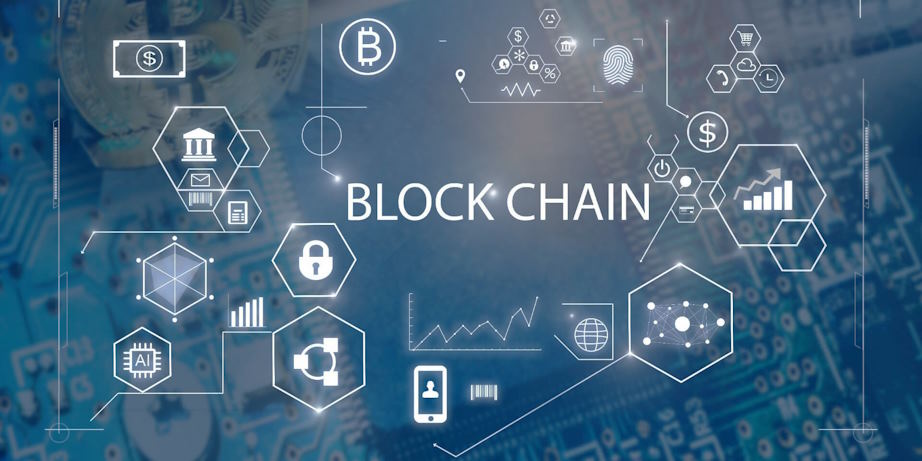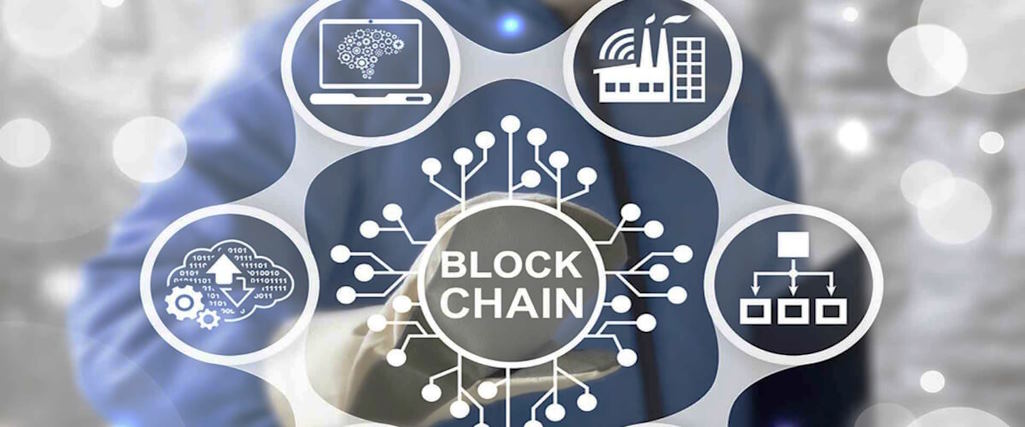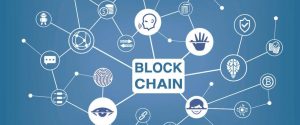It’s not a secret that this transformative technology empowers the creation of solutions to address challenges spanning a wide array of industries.
In what ways are blockchains used in daily life?
Beyond cryptocurrency, people are leveraging blockchain technology in a multitude of innovative ways across various industries. Here are some key applications:
Supply Chain Management
Blockchain is transforming supply chain processes by enhancing transparency and traceability. Through an immutable ledger, participants can verify the authenticity of products, reduce fraud, and ensure the ethical sourcing of goods.
Identity Management
Blockchain provides a secure and decentralized solution for identity management. Individuals can control access to their personal information, reducing identity theft risk. It is particularly beneficial in contexts such as online authentication and border control.
Tokenization of Assets
Blockchain enables tokenizing real-world assets like real estate, art, and commodities. It allows fractional ownership, making it easier for a broader range of investors to participate in traditionally illiquid markets.

Healthcare Applications
In healthcare, blockchain is used for secure and interoperable health data management. It ensures the integrity of patient records, facilitates data sharing among healthcare providers, and supports drug traceability and clinical trials.
Voting Systems
Blockchain can create secure and transparent voting systems. Providing an immutable record of votes reduces the risk of fraud and enhances trust in electoral processes, addressing challenges related to election integrity.
Intellectual Property and Royalties
For artists and creators, blockchain offers a solution to protect intellectual property rights. Additionally, it streamlines royalty payments by providing transparent and automated systems, especially in industries like music and art.
Energy Trading
In the energy sector, blockchain facilitates decentralized and transparent energy trading. Producers can directly sell excess energy to consumers, creating a more efficient and equitable energy marketplace.
Charity and Aid Distribution
In charitable endeavors, blockchain can enhance transparency and traceability in aid distribution. Donors can track their contributions, and recipients can receive aid more efficiently.



